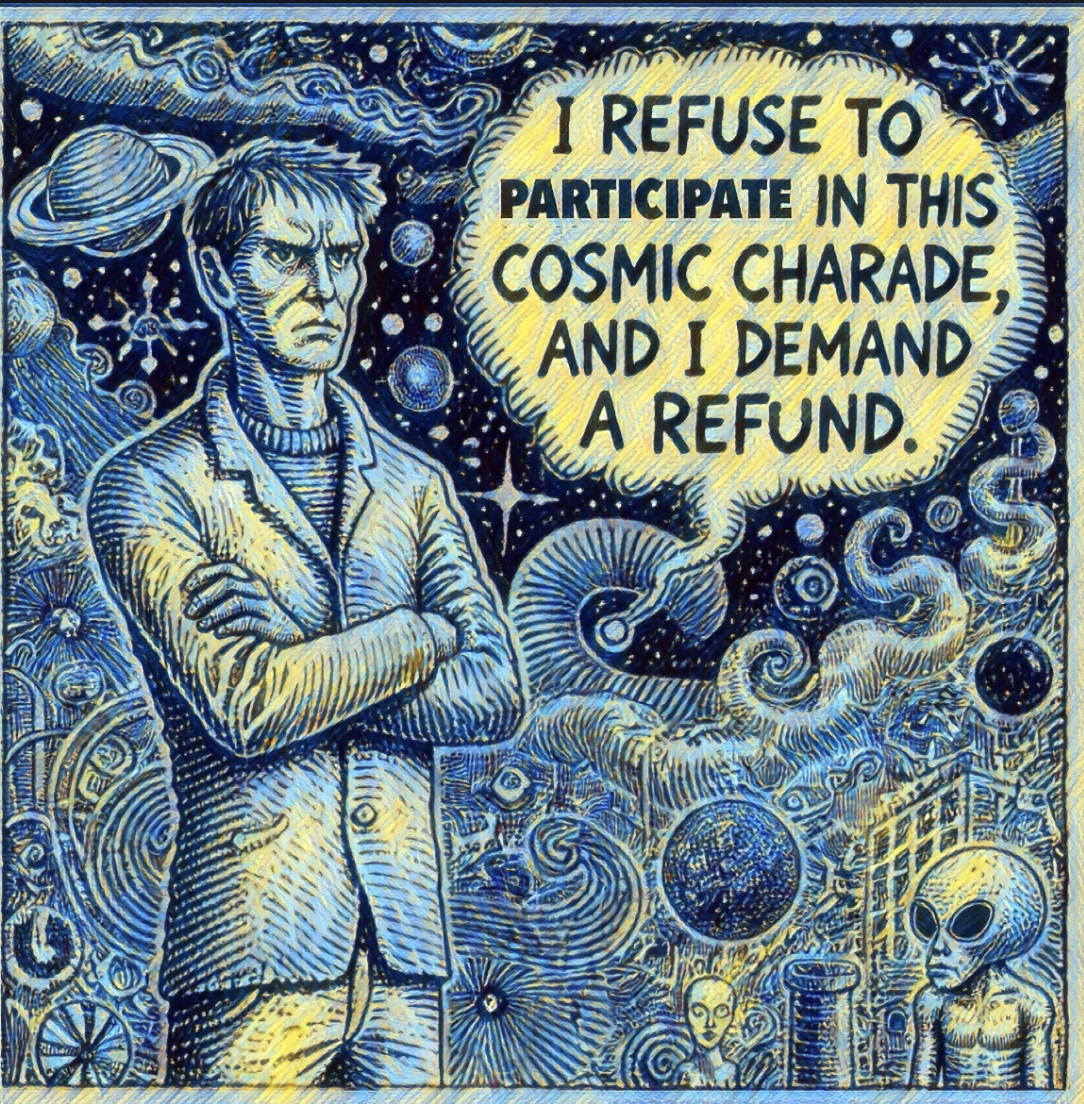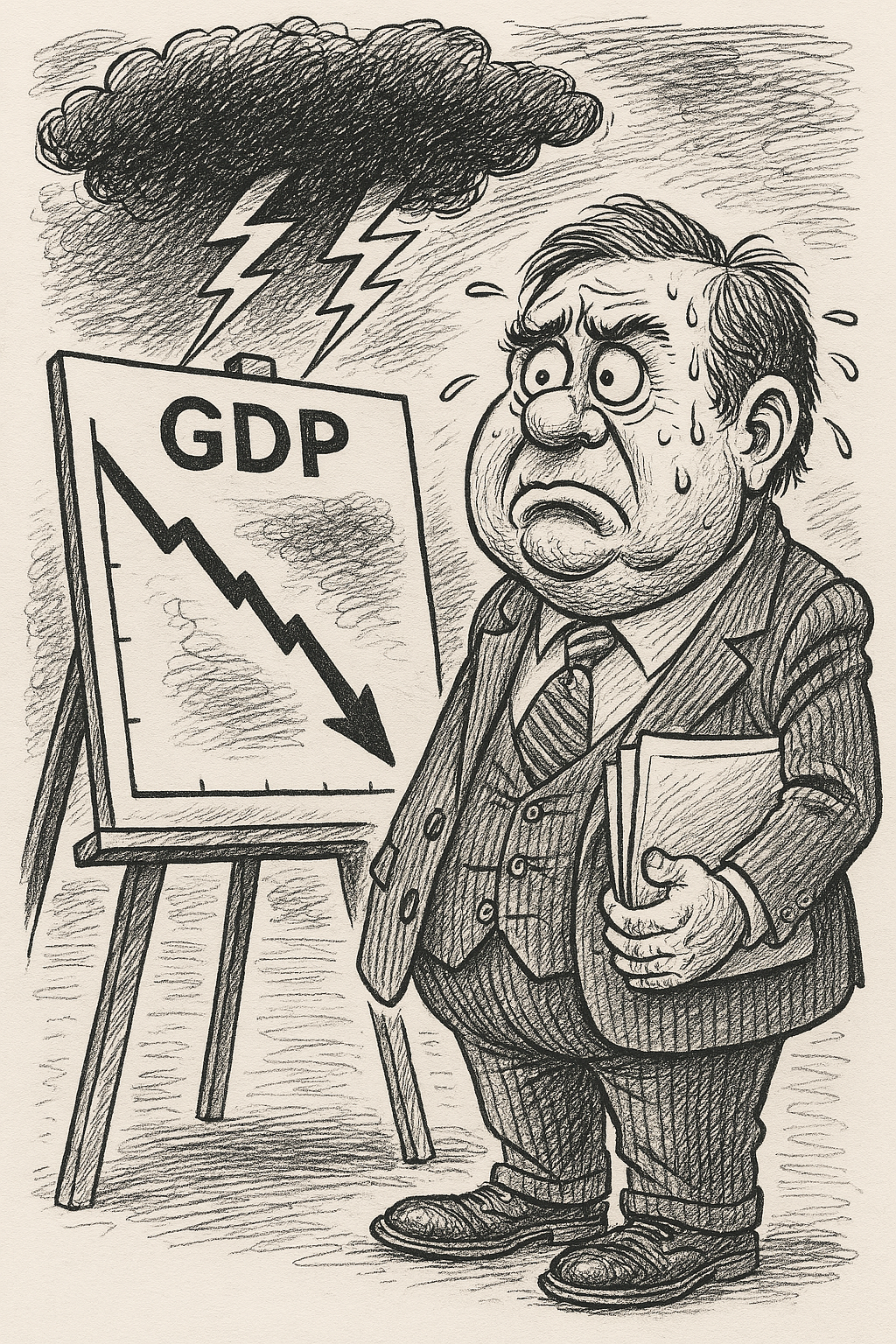The Excremental Evidence—Where Cultural Identity Really Stinks
WARNING: This article contains a shocking revelation about the hidden truths of
toilets. Viewer discretion is advised.
Let’s talk about Slavoj Žižek. You might know him as the “Elvis of Philosophy,” but today
we’re diving into something a bit more down to earth. Toilets. But not just any
toilets—these are the ideological monuments of the modern world. Forget about
parliaments, congresses, or battlefields. According to Žižek, the real place where a
nation’s soul is laid bare (along with a few other things) is the toilet.
Hegel, Bathrooms, and the Meaning of Life
In his book “The Plague of Fantasies” (1997, London: Verso) Žižek reminds us that “Hegel was
among the first to interpret the geographic triad of Germany-France- England as expressing three
different existential attitudes: German reflective thoroughness, French revolutionary hastiness,
English moderate utilitarian pragmatism; in terms of political stance, this triad can be read as
German conservatism, French revolutionary radicalism and English moderate liberalism “
Žižek, channeling his inner Hegel (the original philosopher who could make even a
traffic light seem profound), posits that the humble toilet is where national identity goes
to take care of business. Žižek points out that the geographic triad of Germany, France,
and England can be seen not only in their deep seated existential attitudes but also in
their very commodes.
Let’s break it down, Žižek-style:
Germany: Reflective and thorough, the German toilet is all about contemplation. These
folks like to keep things visible for a moment before it’s flushed away, allowing for what
we can only assume is a brief meditation on the existential meaning of life’s inevitable
end. Conservatism, indeed.
France: Vive la révolution! The French, ever the radicals, want nothing more than to get
rid of the waste as fast as possible. No time for reflection here—this is a land where “out
with the old” is as true in politics as it is in plumbing.
England: Pragmatic as ever, the English prefer a moderate approach. A straightforward
flush and forget. After all, why get philosophical about something so mundane? It’s just
another day, another cup of tea, and another flush.
Toilets as Cultural Commentary
But it doesn’t stop there. Think about it: while some countries view bodily functions as
something to be scrutinized or even admired (looking at you, Germany), others treat
them with a swift and efficient dismissal (bonjour, France!). Meanwhile, the English are
just trying to get on with their day without making a fuss.
The next time you find yourself sitting on the porcelain throne, consider this: the very
design of that seat beneath you is a microcosm of centuries of cultural evolution. Who
knew that performing the most basic of human functions could be a revolutionary act, a
conservative meditation, or a pragmatic shrug?
The Ideological Toilet Trifecta Meets The New World Odor
I’m sure Many US patriots are wondering what about America?!?! According to Žižek,
the American toilet is a curious case. It’s not enough to simply consider it in isolation.
Up until the Trump Era, the American toilet’s true meaning was found in its relation to
other toilets around the world. It was a dialogical dance, a transatlantic toilet tango
where each bowl, flush, and pipe represents a nation’s stance on how to deal with the
unseemly aspects of existence.
But wait, it gets even richer—like, Mar-a-Lago rich. Imagine this: amidst all the porcelain
splendor and gold-plated fixtures, what does Ex-President Trump leave behind in his
luxurious Mar-a-Lago bathroom? Not just his dignity (that’s long gone), but classified
government documents! Yes, the man who once had access to the nation’s deepest
secrets decided the best place for them was right next to the monogrammed towels. It’s
like Žižek’s philosophical toilet trifecta meets the ultimate flush of democracy. And really,
could there be a more fitting metaphor for the state of American politics? Just another
case of high crimes and misdemeanors getting wiped away in the swankiest loo south
of the Mason-Dixon
In Žižek’s words (and please, picture him saying this in his black T-Shirt with his
trademark gesticulations), “The moment you visit the restroom after a heated academic
discussion, you are deep-knee in ideology.” And isn’t that the truth? What better way to
test the merits of a post-ideological universe than by examining what lies beneath the
surface—literally.
The Final Flush
So, what does this all mean? Should you book a flight to Paris to experience the
revolutionary fervor of their restrooms? Or perhaps a trip to Berlin for a more reflective
excremental experience? Or maybe just stay home and embrace the pragmatism of
your local loo?
In the end, the toilet is more than just a place for relief. It’s where a nation’s ideology is
distilled into its most basic form. And as Žižek would tell you, that’s worth a flush, a
second look, and perhaps a bit of philosophical contemplation. Just don’t forget to wash
your hands—there’s enough ideology going around without spreading it further.




